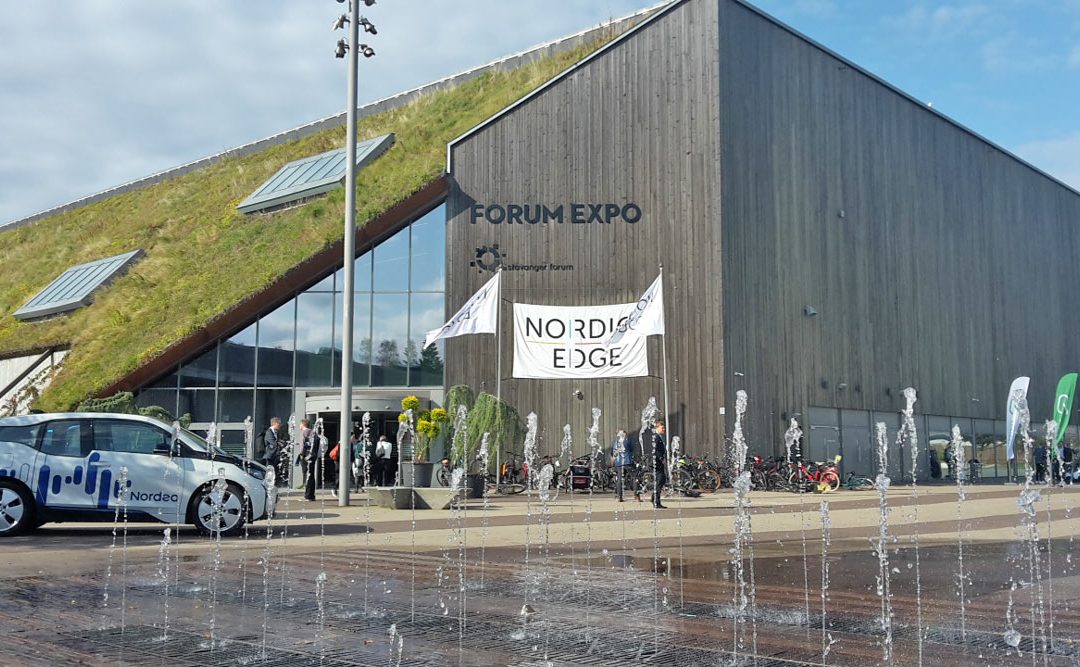The ongoing transformation of our work environments due to digitalization, automation, internationalization and diversity calls for a versatile, creative and adaptable workforce. To keep up with the quick pace of changes, employees will have to keep acquiring new skills and techniques. How to achieve this is a skill in itself, which students should already learn in schools and universities. How education institutions are already adapting to the changing labour market and how they are themselves a changing work environment for teachers and trainers were recurrent topics of the KnowHow EdTech conference during this year’s Nordic Edge Expo in Stavanger, Norway. The Erasmus+ project EPIC – Improving employability through Internationalization and Collaboration was presented as best practice.
Many examples show that education institution are already in the process of adapting by incorporating digitalization into their methods and philosophy. One of the instruments are so called massive open online courses (MOOCS) that make content available whenever and wherever necessary. While teachers can incorporate such content in their lectures and keep their teaching material up to date, interested students can top up their studies with additional content. Schools and universities therefore need not be limited to what is taught in the respective classrooms but should create a space for networks in which both, the teacher and the students, convey and acquire knowledge.
Consequently, the role of today’s and tomorrow’s teachers, tech-savvy or not, is likely to change. The profession is however far from becoming obsolete. What might change are the teaching materials. Some of them are already being tested, e.g. open source libraries to try out machine learning software, strategy-based video games in class or a self-designed digital escape room. They help students to train in decision-making and teamwork. Instead of presenting facts and figures from the front of the classroom, supervision to find a solution which is unknown to both, the student and the teacher, is the core task.
Problem-based learning is at the core of the project EPIC: through collaboration of universities and industry, students work together virtually – across national borders and disciplines – on case studies proposed by companies. The goal is twofold: teaching teachers to be supervisors in real-life projects and increasing the employability of students by offering them industrial as well as international experience. The project partners presented EPIC in a workshop during the KnowHow EdTech conference and prepared the final project year. In the next months, case studies will be drafted, teachers trained and students motivated to profit from this new form of digital and problem-based learning.
About EPIC – Improving employability through Internationalization and Collaboration
During the EPIC project, students of ICT, business or design from different universities all over Europe are working on real-life case studies provided by companies, municipalities or research institutions. As part of the learning process, they face technical, intercultural and administrative challenges inherent to interdisciplinary and international groups. In order to overcome these, students and teachers meet once a year during the EPIC seminar to learn about intercultural differences or train their entrepreneurial mind set. The collaboration between teachers, students and company supervisors combines physical as well as virtual meetings.

